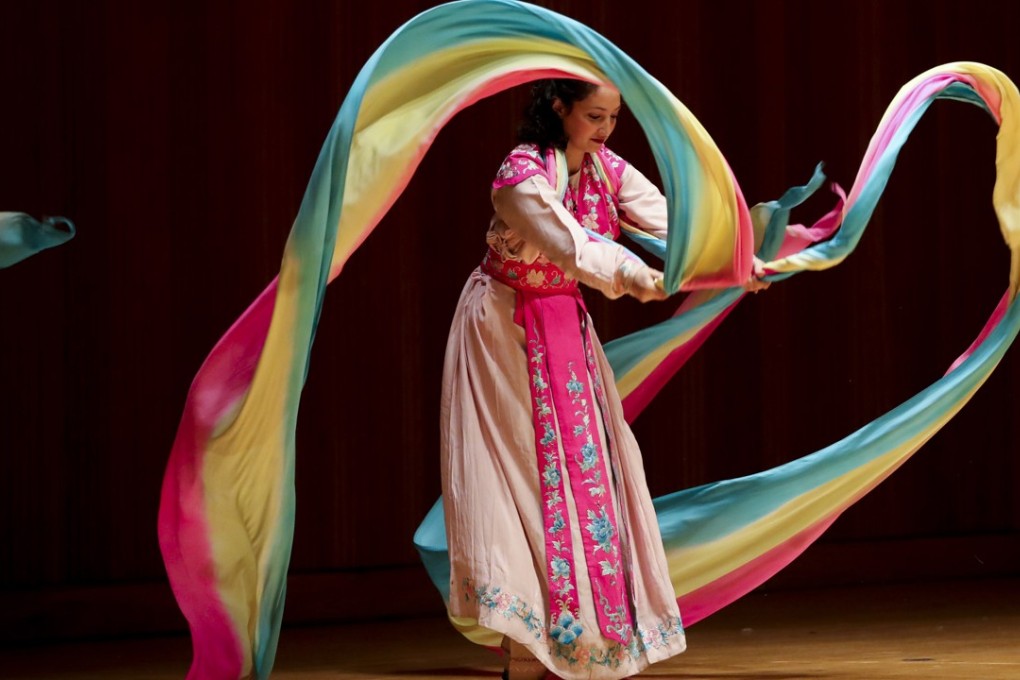Opinion | As China ups its influence abroad, the West must count on the power of its democratic values to prevail
- Minxin Pei says instead of reacting with suspicion to anything connected to China, Western countries should focus on the strength of their own democratic processes, such as transparency

How should Western liberal democracies confront a China that is taking a page from their own playbook, as it exploits their openness to advance its ideological and geopolitical objectives?
For starters, Western leaders and institutions should distinguish between state-sponsored activities and legitimate, mutually beneficial cultural, civic and educational exchanges among private citizens and entities.
To be sure, the Communist Party’s sophisticated United Front operation – which focuses on neutralising opposition to its policies and authority, inside and outside China – often relies on private citizens to achieve its objectives. Private actors also have informal incentives to curry favour with China’s rulers by behaving in party-friendly ways. As a result, even ostensibly independent or private activities can carry political and reputational risks for Western organisations, which may be accused of acting as “agents of influence” for China.

